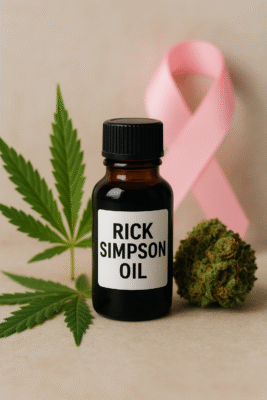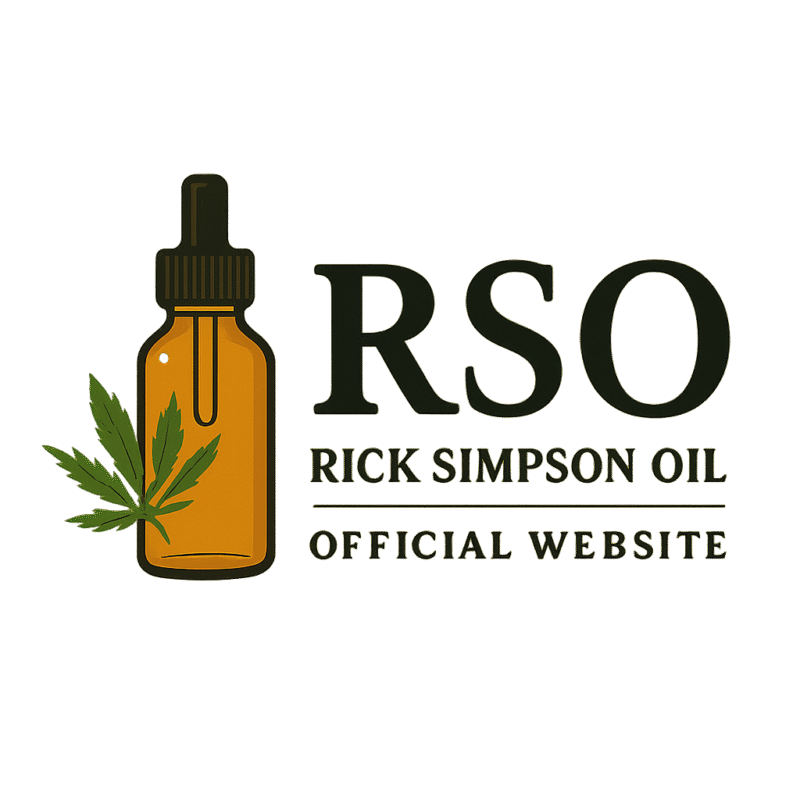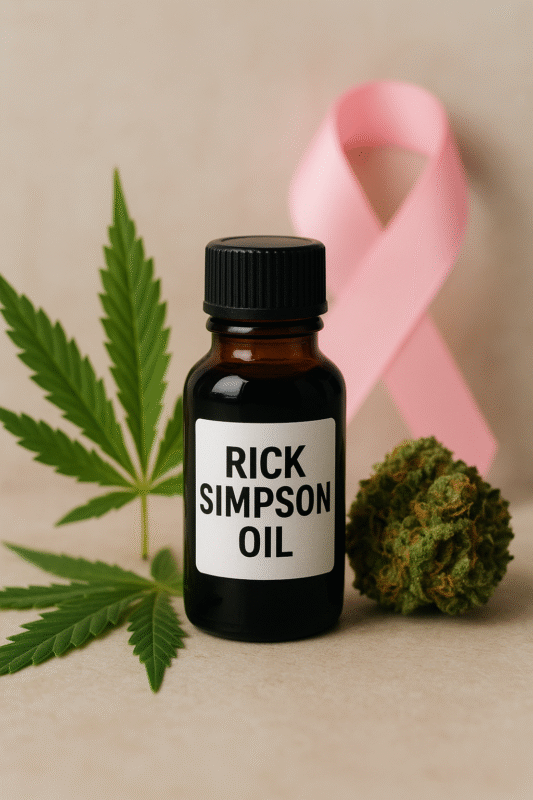Uncategorized
Does Rick Simpson Oil Really Work for Cancer ?
Does Rick Simpson Oil Really Work for Cancer? (2025 Medical Update)
Introduction: Why the Hype Around Rick Simpson Oil Continues
Rick Simpson Oil, or RSO, has long been a controversial topic in the world of alternative cancer treatments. Since its creation in the early 2000s, RSO has been promoted online as a miracle oil that “cures cancer naturally.” But in 2025, with advances in medical cannabis research, it’s important to separate fact from fiction. Does Rick Simpson Oil really work for cancer, or is it a dangerous myth that could mislead desperate patients?
What Is Rick Simpson Oil (RSO)?
The Origin Story of Rick Simpson Oil
Rick Simpson, a Canadian engineer, claimed that cannabis oil cured his skin cancer in 2003. He began sharing his homemade recipe, made using a high-THC cannabis extract dissolved in solvents like isopropyl alcohol. His personal success story quickly spread online, creating a global movement of people trying to replicate his method.
How RSO Differs from Other Cannabis Extracts
Unlike CBD oil, RSO is very high in THC — the psychoactive compound in cannabis. This makes it far more potent and mind-altering. RSO also lacks standardization; different batches can vary in concentration, purity, and chemical composition, which poses safety and dosing challenges.

The Big Claim: Can RSO Cure Cancer?
Understanding the Cancer-Cure Myth
Many supporters claim RSO kills cancer cells, citing videos, testimonials, and anecdotal reports. Unfortunately, most of these claims are not supported by clinical research. What works in a petri dish or animal study doesn’t necessarily translate into safe, effective human treatment.
How This Claim Became So Popular
The internet, particularly YouTube and cannabis forums, amplified RSO’s reputation as a “natural cancer cure.” While these stories are compelling, they are not scientifically verified. They often ignore the complex biology of cancer, which varies greatly between patients and cancer types.
What Science Actually Says About RSO and Cancer
Laboratory Evidence: Cell Studies and Early Findings
In lab settings, cannabinoids like THC and CBD have shown the ability to induce apoptosis (programmed cell death) and inhibit tumor growth in certain cancer cells. These findings are promising but limited — they’re based on controlled laboratory conditions, not real human systems.
Clinical Research and Human Trials
As of 2025, no large-scale, peer-reviewed clinical trial proves that Rick Simpson Oil can cure cancer. While some early-stage studies on cannabinoid-based medicines show benefits in pain, nausea, and appetite, none confirm tumor regression or complete remission from RSO.
The Role of THC and CBD in Cancer Research
Researchers continue to explore how THC and CBD might complement cancer therapy. For instance, cannabinoids might enhance chemotherapy tolerance or help with side effects. But again, that’s a far cry from saying RSO “cures” cancer.
Medical Expert Opinions on Rick Simpson Oil
Oncologists’ Perspective in 2025
Most oncologists agree: there’s no clinical evidence that RSO cures cancer. The main concern is that patients might delay or avoid proven treatments like chemotherapy, radiation, or surgery, which drastically reduces survival rates.
Alternative Medicine vs. Conventional Cancer Treatment
While integrative medicine may include cannabis for symptom relief, replacing standard therapy with RSO alone is risky. Doctors recommend discussing any cannabis-based approach with your healthcare provider to ensure safety and proper care coordination.
Safety, Side Effects, and Legal Concerns
THC Potency and Psychoactive Risks
Because RSO contains extremely high THC concentrations, it can cause strong psychoactive effects such as dizziness, paranoia, and confusion. These reactions are especially dangerous for patients with mental health issues or cognitive impairment.
Contaminants and Solvent Residue in Homemade Oils
Many homemade RSO products contain unsafe levels of solvents or pesticides. Without lab testing, there’s no way to guarantee purity, which makes DIY production risky.
The Legal Landscape of RSO Around the World
As of 2025, RSO remains illegal or tightly regulated in many countries due to its THC content. In the U.S., it may be legal in certain states under medical cannabis laws, but only when purchased through licensed dispensaries.
Can RSO Be Used Alongside Traditional Cancer Treatment?
Potential Benefits for Symptom Relief
RSO may help reduce pain, nausea, and appetite loss associated with cancer or chemotherapy. These palliative effects make it a possible complementary option for improving comfort — not a cure, but a relief aid.
Possible Drug Interactions to Watch Out For
RSO can interact with sedatives, antidepressants, and blood thinners, among other medications. Always consult a physician before adding cannabis-based products to your treatment plan.
FAQs: Does Rick Simpson Oil Really Work for Cancer?
Q1. Can RSO cure cancer?
No. There’s no clinical evidence proving that RSO cures cancer.
Q2. Are there any proven cannabis treatments for cancer?
Only symptom-relief drugs like Sativex and Epidiolex have regulatory approval — not RSO.
Q3. Is it safe to use RSO during chemotherapy?
Possibly, but only under strict medical supervision due to drug interactions.
Q4. What’s the main risk of using RSO?
Delaying or avoiding evidence-based cancer treatment and consuming untested, high-THC oil.
Q5. Is RSO legal everywhere?
No. It’s only legal in some U.S. states and countries with medical cannabis programs.
Q6. Should I make RSO at home?
No. Solvent-based extraction is dangerous and can result in toxic residue.
Conclusion: What You Should Know Before Trying RSO
Rick Simpson Oil remains an interesting part of cannabis history, but as of 2025, it is not a proven cancer treatment. While some components of cannabis show promise for managing symptoms or enhancing quality of life, the claim that RSO “cures cancer” remains scientifically unsubstantiated.
If you’re considering RSO, do so under the guidance of a licensed medical professional, and never as a substitute for conventional therapy. The safest path forward is evidence-based — not internet-based.

